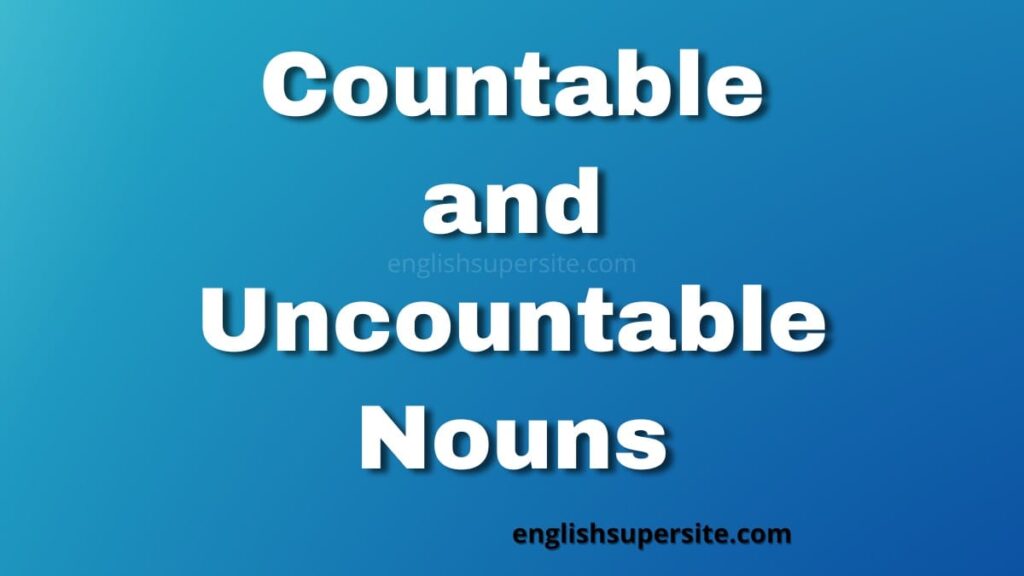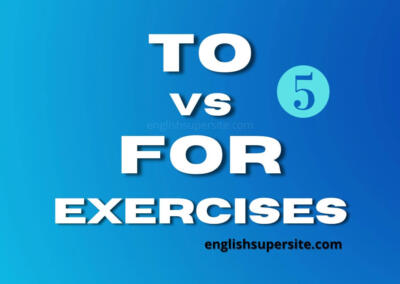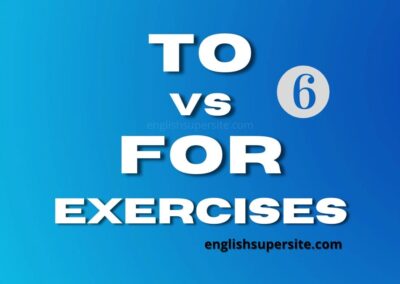
Countable and Uncountable Nouns
A noun is a word, part of speech, that usually refers to a person, location, item, animal, or idea. It is the fundamental building block of sentences, supplying the necessary ingredients for communication and expressing the subjects and objects of our thoughts and discussions. Every sentence in English must have a subject, and that subject is almost always a noun. Nouns can be Countable and Uncountable.
Countable Nouns
Countable nouns are words that represent individual entities or items that can be counted as individual units. They have both singular and plural forms, and you can quantify them using numbers.
Singular and Plural Forms
Countable nouns have distinct singular and plural forms.
Examples:
Singular:
- Cat
- Book
- Table
- Chair
- Student
- Banana
- Beach
- Umbrella
- Apple
- Car
- Phone.
Plural:
- Cats
- Books
- Tables
- Chairs
- Students
- Bananas
- Beaches
- Umbrellas
- Apples
- Cars
- Phones
Use of Article
Countable nouns can be used with both indefinite (a, an) and definite (the) articles.
- A book
- A table
- A chair
- A cat
- A student
- An apple
- An umbrella
Quantifiers
You can use quantifiers such as many, few and several with countable nouns.
- Many books
- Many chairs
- Few students
- Few umbrellas
- Several cats
- Several people
Phrases
- I want a banana.
- There’s a beach near here.
- I like apples.
- It was an accident.
- We took many photographs.
- I have an umbrella.
- I have two laptops.
Uncountable Nouns
Uncountable nouns refer to substances, concepts, or ideas that cannot be counted as individual units. They are considered as a mass or whole, and they do not have distinct plural forms. Uncountable nouns are often measured or quantified using specific measurement words.
Singular and Plural Forms
Attention, uncountable nouns do not have plural form.
Examples:
- Water
- Tea
- Coffee
- Information
- Furniture
- Knowledge
- Advice
- Work
- Baggage
- Behavior
- Bread
- Damage
- Luck
- News
- Permission
- Weather
- Traffic
- Progress.
Absence of Article
Uncountable nouns generally do not use indefinite articles (a, an) and often omit the definite article (the) when referring to the substance as a whole.
Quantifiers
You can use quantifiers such as much, little and some with uncountable nouns.
- Some water
- Some news
- Some furniture
- Much information
- So much luck
Phrases
- I need some water.
- A glass of water.
- A little piece of advice
- I am looking for work.
- It’s a nice weather today!
- It was a good advice.
- We had a lot of luggage.
Conclusion
In a phrase, a noun is the linguistic cornerstone, naming the people, places, things, and ideas that populate our conversations and writings, providing structure and meaning to language. Understanding the difference between countable and uncountable nouns is critical for writing grammatically correct sentences and successfully communicating information in English.
Now test your knowledge with these exercises!
Study Also:
Abbreviations Adjectives Adverbs Articles Career Comparative Confusing Words Conjunctions Exercises Future Continuous Future Perfect Future Perfect Continuous Grammar Interjections Irregular Verbs Learn English Linking Words Listening Exercises Mistakes Nouns Past Continuous Past Perfect Past Perfect Continuous Plural Prepositions Present Continuous Present Perfect Present Perfect Continuous Pronouns Pronunciation Question Tags Quiz Quotes Reading Simple Future Simple Past Simple Present Spelling Strategies Superlative Tests Transition Words Verbs Verb Tenses Vocabulary
Share with your friends!



